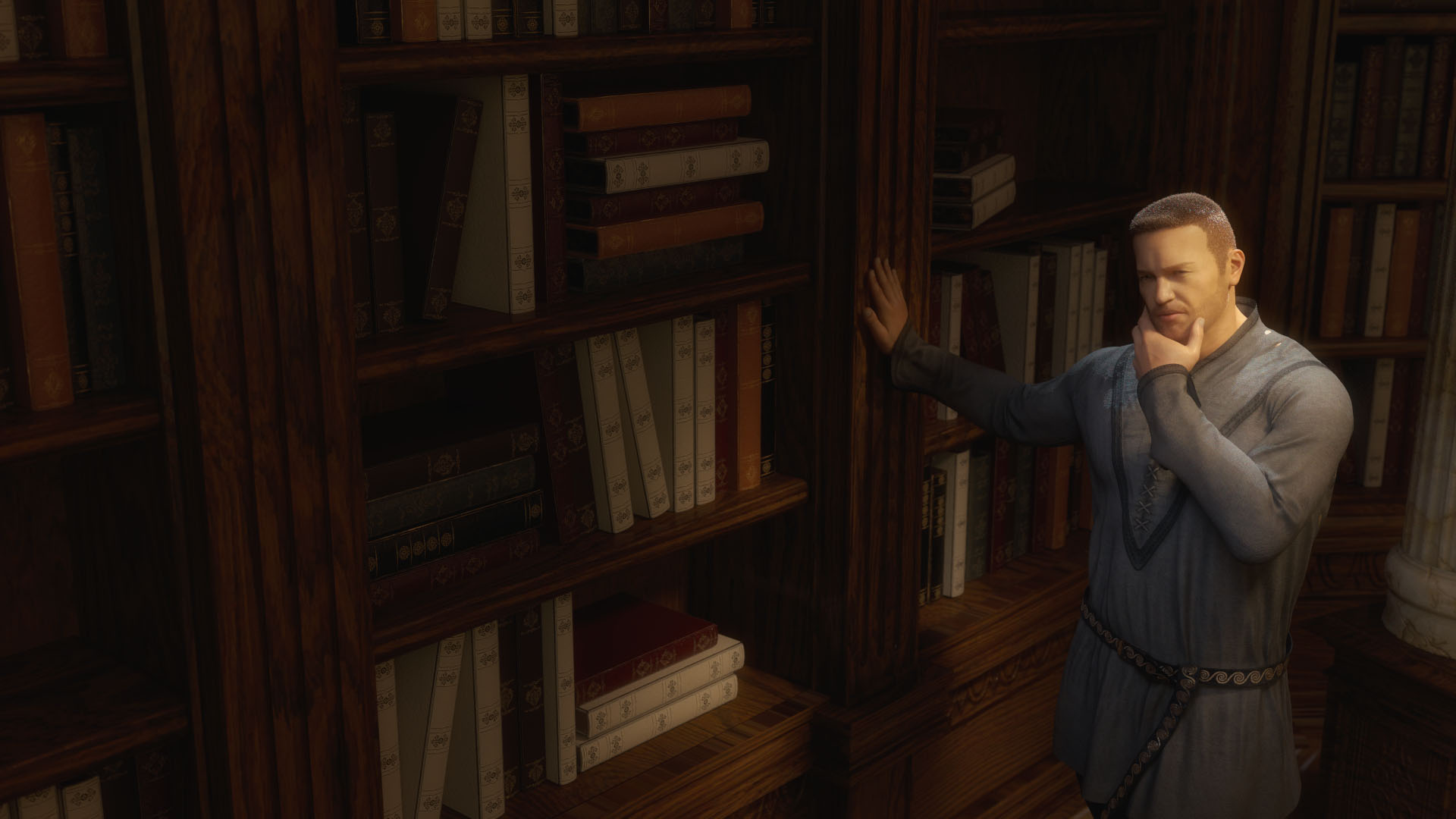...the practitioners of magic have always been syncretists, experimenting intraculturally and sticking with what worked. - Michael M Hughes, Magic for the Resistance
Magic for the Resistance... Magical Activism in the Age of Trump
First of all, three cheers for dropping the ridiculous K from magic. It's far past time that little affectation was put to bed. And if you ever catch me slipping back into that, you have my permission to smack my hand with a ruler.
Michael M Hughes, "author, speaker, magical thinker, and activist", has delivered a book that ought to be on the shelves of every self-respecting occultist and, perhaps more importantly, in the hands of any activist that has even the slightest desire to open their eyes and minds to the infinite worlds of a magical practice. That's a pretty big pill to swallow, but I assure you my hyperbole is well founded.
Not only does Hughes give us a superb overview of the recent and not so recent use of magic as a tool of those who would resist a power materially greater, but also a wonderful overview of contemporary thought and practice on the subject of magic. And he does it all adroitly, without resorting to lecturing; throughout he maintains a casual and conversational prose (despite his editor's best efforts to make the read laborious, but more on that at the end).
Be warned: this is a subversive book. We need more books like it. Books that challenge the conventional in both consensus reality and occultism. Yes, there are conventions in occultism. And they need a good shaking up as well.
The Magic of Magic for the Resistance
Magic has always been used for self-defense and in defense of others. The idea that it should not be used defensively or to inhibit the actions of others is a twentieth-century invention, and the entirety of the historical record, from ancient times through the present, makes that abundantly clear.
A magician without a sense of aesthetics is not lilkely to be much of a magician. Magic is an art, it requires an aesthetic. That aesthetic can be almost anything: craftsman, reconstructionist, syncretist -- these cover a gamut of possibilities. But there has to be an aesthetic. (I use the word 'aesthetic' like Gordon White uses 'epistemology'.)
Hughes' aesthetic is decidedly NeoPagan at its heart. But like any good chef he flavors each dish with complements or contrasts: a splash of conjure here; a few pinches of PGM there; finish with a dollop of good old-fashioned prayer or a demi-glaze of witchcraft. The end result is a flavorful and nutritious dish.
There's quite a bit on offer for the budding magician, but even the practiced occultist can find bits of ritual tech or un-calcified opinions on offer. This is a book aimed at a particular demographic, so it is fair to call it a beginner's book. But that doesn't mean the contents are necessarily "beginner". Hughes is up to challenge you, to challenge the late 19th/early 20th Century moribund state of the larger magical community. "Although I find circle casting and banishing largely unnecessary in most magical work (an admittedly heterodox belief)..." he clearly doesn't mind kicking over a golden calf or two. Nor should he. Revolution might not exactly be the topic of the book, but the concept isn't far below the surface.
A beginner coming to this book should have no problem getting started, and they'l have their feet well set on a path somewhat less traveled, but one set for the future.
The Rest of the Package: The Good, The Bad and The Ugly
I can't speak for the physical editions of the book, as I am working with the Kindle Edition, but the cover is striking either way. There's no question its well designed and provokes a visceral response with its color scheme, bold font and pentagram/Lady Liberty combination. High marks for the cover.
As already noted, Hughes has a conversational prose. Its easy to read, even when you get to the bits that are hard for any book of magic: actually laying out the elements of a ritual and bringing the reader through it. Having tried my hand at it, I know its a challenge. But the presentation here is usually clear, easy to follow and tackles both complex ritual interactions and the interplay of the physical and the imaginal with a skillful hand.
I swear that Hughes used the word "apotropaic" more than twice, but a search of the book only returns two hits. Even so, I didn't need to be told both times (parenthetically) that apotropaic meant protective. Maybe its me, but it felt that some things were repetitive and didn't need to be. This, I fault the editor with, not the author. The author has done his job, and quite well I might add; its up to the editor to spot and correct or work through the stumbly bits. Hughes told me he wrote this book in a month. That's an achievement. It deserved better editing. I've already commented on the author's ability to handle things that lesser author's fail at, but the editor let him down in a handful of spots.
I could be making a mountain out of molehill. Since I seem to remember more occurrences of "apotropaic", maybe its my OCD, baby. (apologies if you don't get that joke)
This review wouldn't be complete if I didn't mention the Bind Trump Ritual, the inciting incident for the book. Like the rest of Hughes' magic it's thematically perfect. Early on in the book, Hughes quotes founding Chaos Magician Peter J Carroll: "Magic works in practice, but not in theory." and that's one of my personal favorite Carroll quotes; so I have to catch myself every time I want to say that the magic here is "theoretically solid". What I mean to say is that it is thematically solid: it works in practice. Though Hughes weaves his spells from a scattered skein, he does it with cunning. And a higher respect I don't think I can pay.
Inimicus Dei Constituitur, #magicresistance

